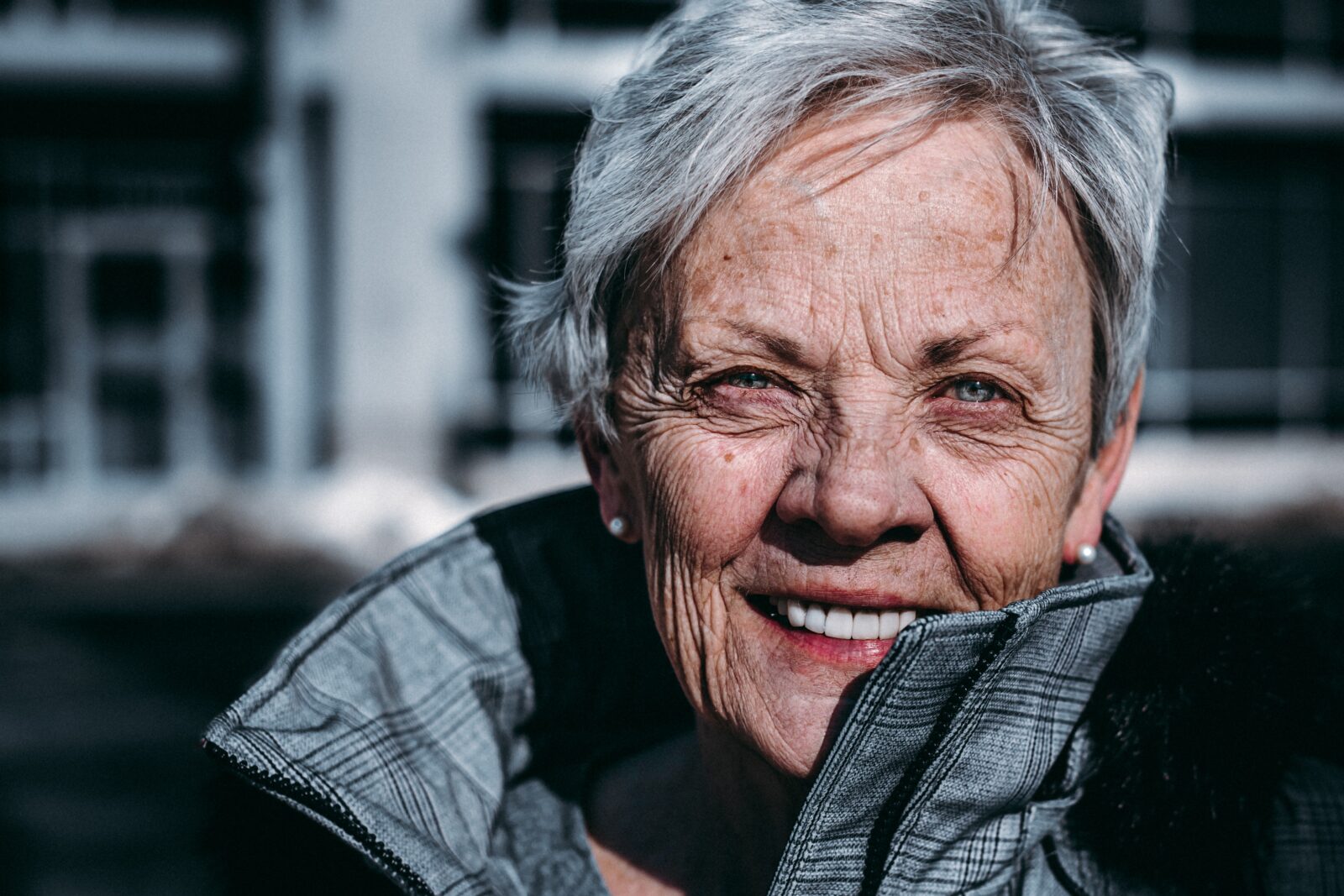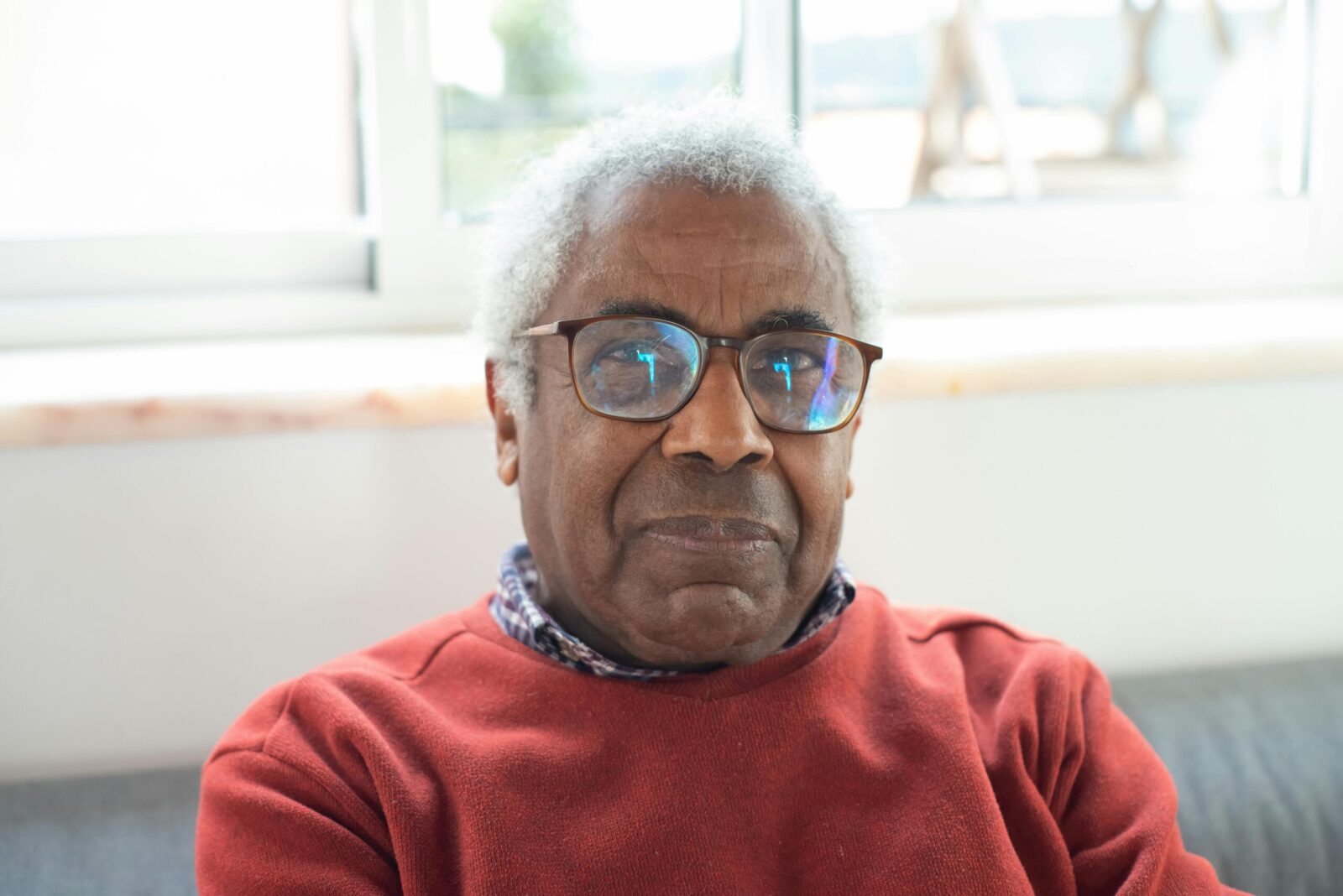Why we need to normalise growing older.
We need to talk about the word ‘old’. The use of the word ‘old’ has become shorthand for ‘infirm’, ‘mentally incapacitated’ and ‘past it’. If we are serious about tackling ageism in our communities and ensuring older people are seen and treated as valued citizens, of equitable value to any other generation, we have to reclaim the word ‘old’ from its current pejorative labelling. How we use language reflects what we value.
During the 2024 Presidential Campaign the deep-seated ageism in our media was writ large. Take this example from The Atlantic, written the day after the first presidential debate in the United States:
“President Joe Biden needs to end his campaign. The first presidential debate, held last night, was a disaster. It was clear from the outset that Biden looked old, sounded old, and yes, is in fact very, very old.
This has been rumored for a while. Last night, it was confirmed.”
Leibovich, M. Time to go, Joe. The Atlantic, June 28, 2024.
This is a shocking statement. It is a full four paragraphs into the article before any mention is made of the specific issues Leibovich observed in the debate that alarmed him (perceived cognitive decline in one candidate, and perceived psychological instability in the other). Up to that point the only ‘issue’ that is put forward as argument for withdrawal from the race is the fact that Biden is ‘old’, as if that in itself made him unsuitable for office.
It’s also worth noting that, contrary to Leibovich’s claim, the fact that Biden is ‘old’ was not ‘confirmed’ the night of the debate: it is an objective fact. He was 81 years old at the time of the debate; no rumour there, just verifiable facts.
This framing of ‘old’ as being inherently negative is so normalised in western society that most people do not even notice. I could have picked any of hundreds of articles written since that fateful debate, including many in Australia, and the framing would have been similar. There is only muted public debate challenging it.
In our society, ‘old’ when used to describe a person – be it their demeanour, their appearance, their clothing or their attitude – is almost always construed as negative. Governments agonise over the specific age when citizens fall into the ‘older’ demographic and what that means for policy and practice, with the media referring to ageing populations as ‘tsunamis’ or ‘burdens’.
Most ‘older people’ do not relish being described as such, and many deny ‘feeling old’. A few years ago I was criticised by an age rights advocate when the storytelling event that I host sought stories on the theme of ‘old’. I was accused of being ageist. What will it take to reclaim the term ‘old’ (in relation to a person) as a judgement-neutral adjective that merely describes a state of being, a stage in life, and perhaps even an indicator of experience, perseverance and resilience?

What is so bewildering about this negative view of the state of being ‘old’ is that growing older is a universal condition. We’re all doing it, if we’re lucky. When someone dies prematurely it is without doubt a tragedy and rightly seen as such; yet for many people, the thought of growing older – and thus surviving into older adulthood – is not something they relish. As a society we invest in medical research to enable greater longevity for more people, whilst simultaneously lauding youth and overlooking our older populations in most domains of life.
It seems we’re damned if we do grow old and we’re damned if we don’t.
I think these negative images of age are allowed to persist largely because, deep down, most people do not like what they see when they imagine their older selves. Ageism persists because, as a society, we actually do not love our older selves let alone others around us who grow old.
Hal Hershfield, professor of marketing, behavioural decision-making and psychology at UCLA, argues that humans have a psychological trait that makes it easier for them to maintain an unloving relationship to their future selves. Through experimentation he has shown that a person’s natural tendency is to see their future self as a different person. In fact, people’s attitude to a future version of themselves is more akin to their attitude to a stranger than it is to someone they know (Hershfield, H. Your Future Self. Piatkus, 2023).
As a result he argues that if we do not see that future version of ourselves as connected to who we are today – if in fact we see older us as a stranger – we are less likely to make decisions today that care for future us.
Hershfield has a number of tricks and strategies to build closer connections between the present and future self, many of which draw on the sort of narrative practices that we use over in our sister-brand Life Navigation Lab. The act of creating positive, vivid and enticing visions of the future make it more likely that people will make positive choices today to invest in their future self. And when people try new things and take on new challenges as they grow older, with a forward focus, rather than lamenting the loss of who they were when they were young, they begin to change the negative narratives of ‘old’ – both in society and within themselves.
I’m not denying that some aspects of growing older can have their challenges. Some illnesses become more likely (but not inevitable) and our bodies do undergo physical changes. But in the midst of that, let’s define ‘old’ to be what it is, let’s claim it as an affirmative statement of life rather than a wistful statement of loss. To be old means you are alive; it means you have lived and you continue to live as long as you have breath.
Why does this matter, and why should we, as citizens or as governments, pay attention to this widespread and ingrained prejudice towards ‘old’?
Firstly, research shows that how people view growing older has a direct impact on how well they actually grow older. Most recently, Tully-Wilson et al’s (2023) analysis supports the importance of self-perceptions of ageing as a predictor of positive health outcomes (e.g. physical activity, everyday activity, positive health behaviours) and decreased unhealthy outcomes (e.g. obesity, negative health behaviours, cognitive decline). Kim and Park et al’s (2017), research also found ‘perceptions of the ageing process’ a highly significant factor in realising successful ageing.
Secondly, if we continue to see ‘old’ as a liability, if we promote and promulgate images of older people looking vulnerable, frail and isolated as the norm, and if we focus solely on the mechanisms that physically enable longevity, without also looking at the societal attitudes that shape the experience of being older in our communities, we will fail in our bid to tackle ageism. And that will impact the lived experience of everyone in our society who is older: which is all of us, including future you.
And tackling people’s attitude to growing older, shifting our collective relationship with our older selves and increasing the number of people in society who feel positive about their increasing longevity, will have direct impacts on the health and social care budgets and the general wellbeing of communities.
So let’s learn to love ‘old’, in ourselves and in others. Let’s be clearer in our language about age and growing older.
Being older means having more experiences that form and shape you than you did when you were young, having more relationships – good and bad – that give colour to your life, having more resources in your toolkit when life sends inevitable curveballs your way. Rather than clinging to youth for dear life, let’s see growing older as the epitomy of clinging to dear life itself.
Growing older? We’re all living it.
